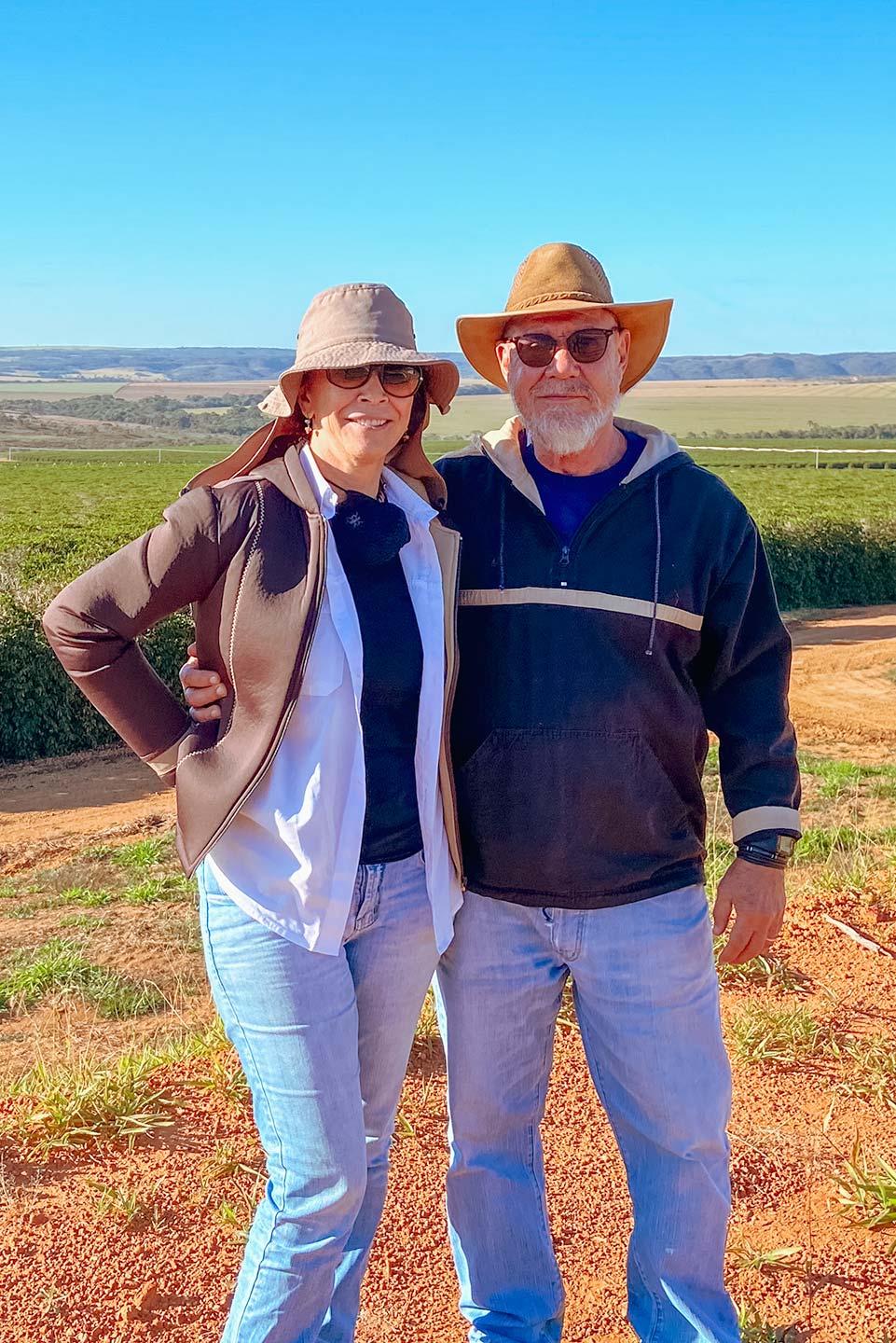
Cultivating Roots
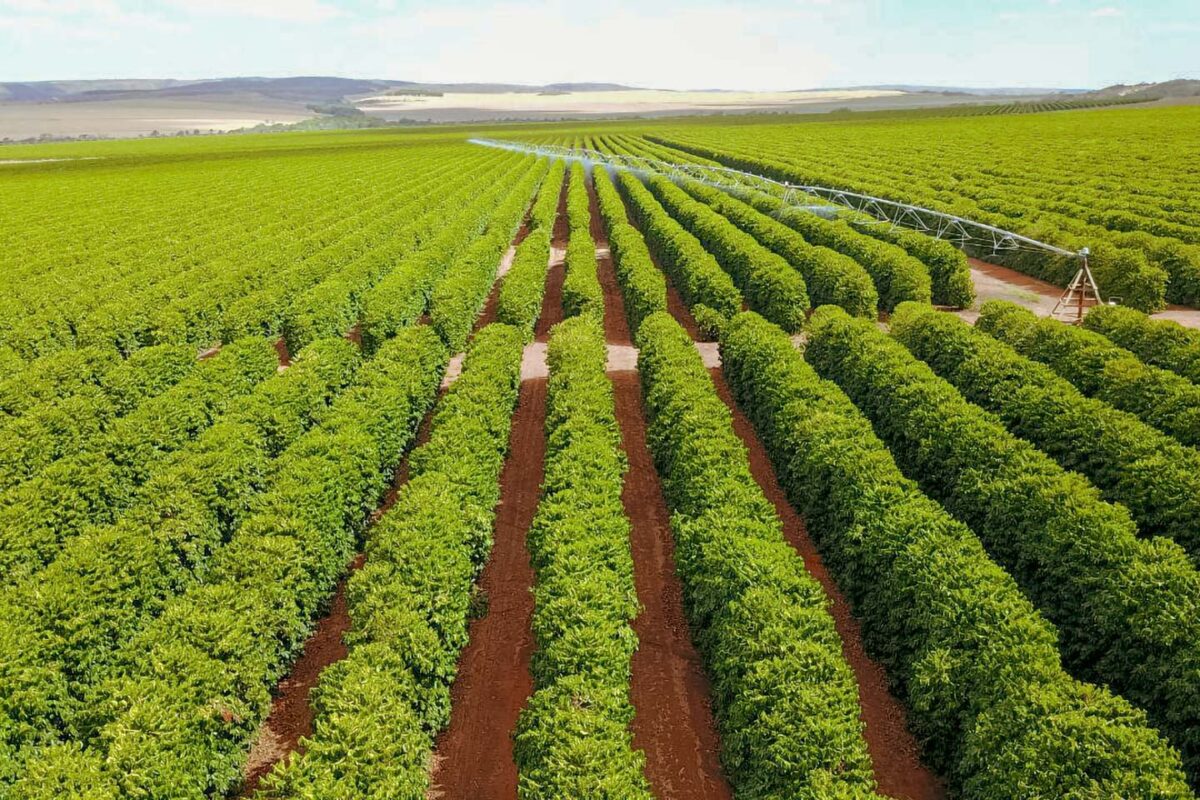
At the heart of Brazil, 180 kilometers north west from the capital city, Brasilia, lies a thriving, family-run farm. Fazenda Bagagem is a 270 hectare farm surrounded by the incredible beauty of the Chapada dos Veadeiros National Park, part of the Brazilian biome known as Cerrado.
Álvaro and Lucinea Orioli have been caring for this land since 1994. Fazenda Bagagem (bagagem meaning luggage), is named for the abundant river flowing through the land which allows them to have the production that they have today.
From the outside, the relatively flat, long rows of coffee and mechanical pickers look just as you would expect of Brazil. But this is not an ordinary Brazilian farm. Being part of Chapada dos Veadeiros in the state of Goiàs, the family is very conscious of their impact on the environment and greatly values the health of the native land around it, using sustainable farming practices at all possible times. While technically owning 1956ha total, only 25% used for cultivation while the rest is looked after as native forest, a conscious decision to preserve and integrate with nature.
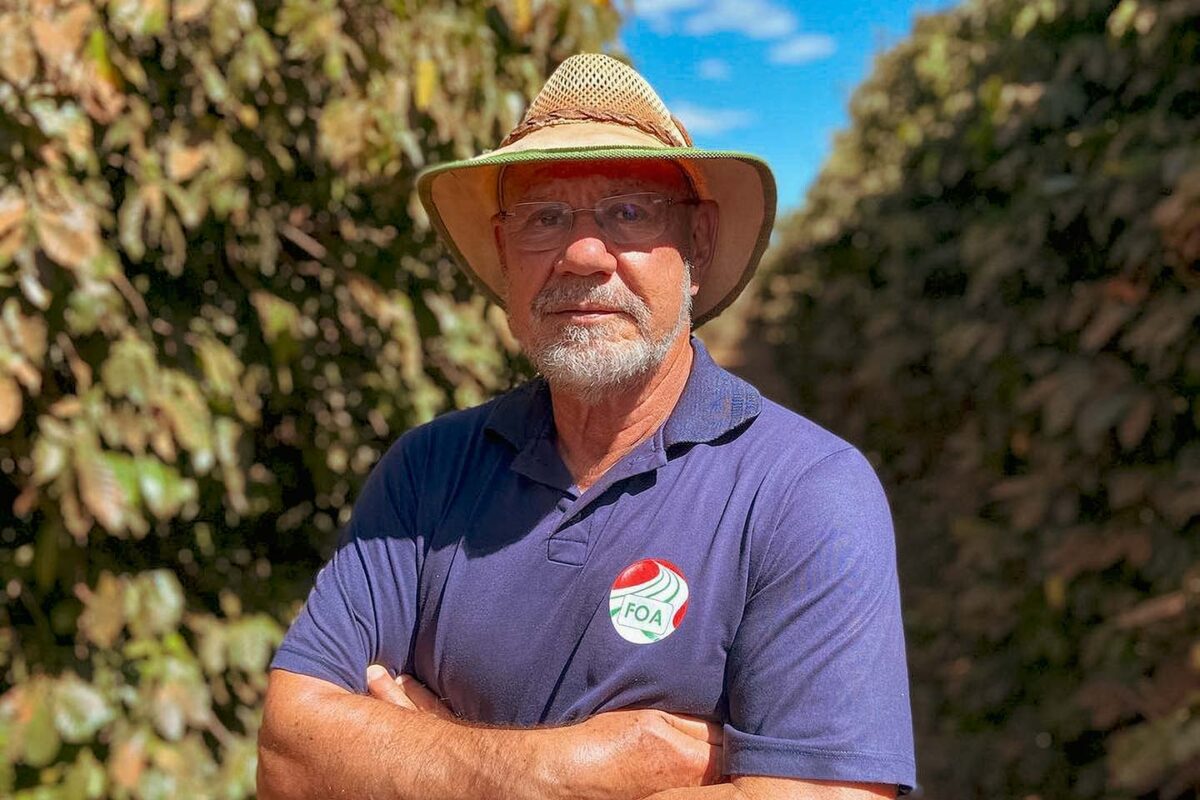
From the ground up
Fazenda Bagagem didn’t always grow coffee. Álvaro, an agronomist originally from Rio de Janeiro, purchased the land in 1989 and cultivated traditional crops such as beans and corn as a means of supplementary income.
Growing up and seeing the struggles of low income from the traditional crops, the family began to think of alternatives to beans which would maximize and bring diversity to the land they use for cultivation whilst maintaining the 75% reserve.
With the farm’s elevation of 1100masl, a mild climate, and an abundant source of water in their backyard, he realized coffee could be a better option both economically and ecologically.
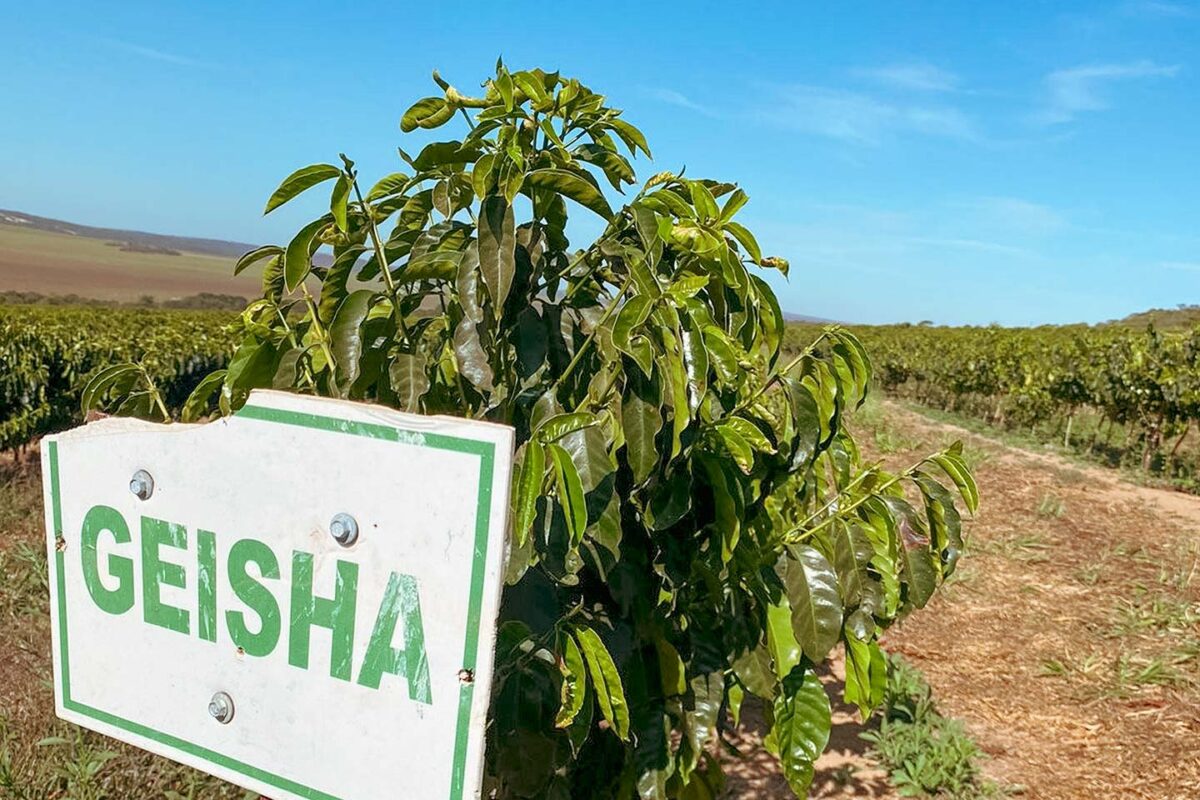
In 2007 the family planted their very first coffee tree, and little by little that has grown to what is today 270ha of coffee with varieties including Yellow and Red Catuai, Catucai, Arara, Paraiso, and Gesha, all chosen for a balance of productivity and sensory quality.
So too, has their knowledge of coffee production and trading grown. In the early stages, none of the family was familiar with how to assess coffee quality, and thus didn’t possess the market information about the value of their coffee. They simply sold it for whatever the buyer said they would pay.
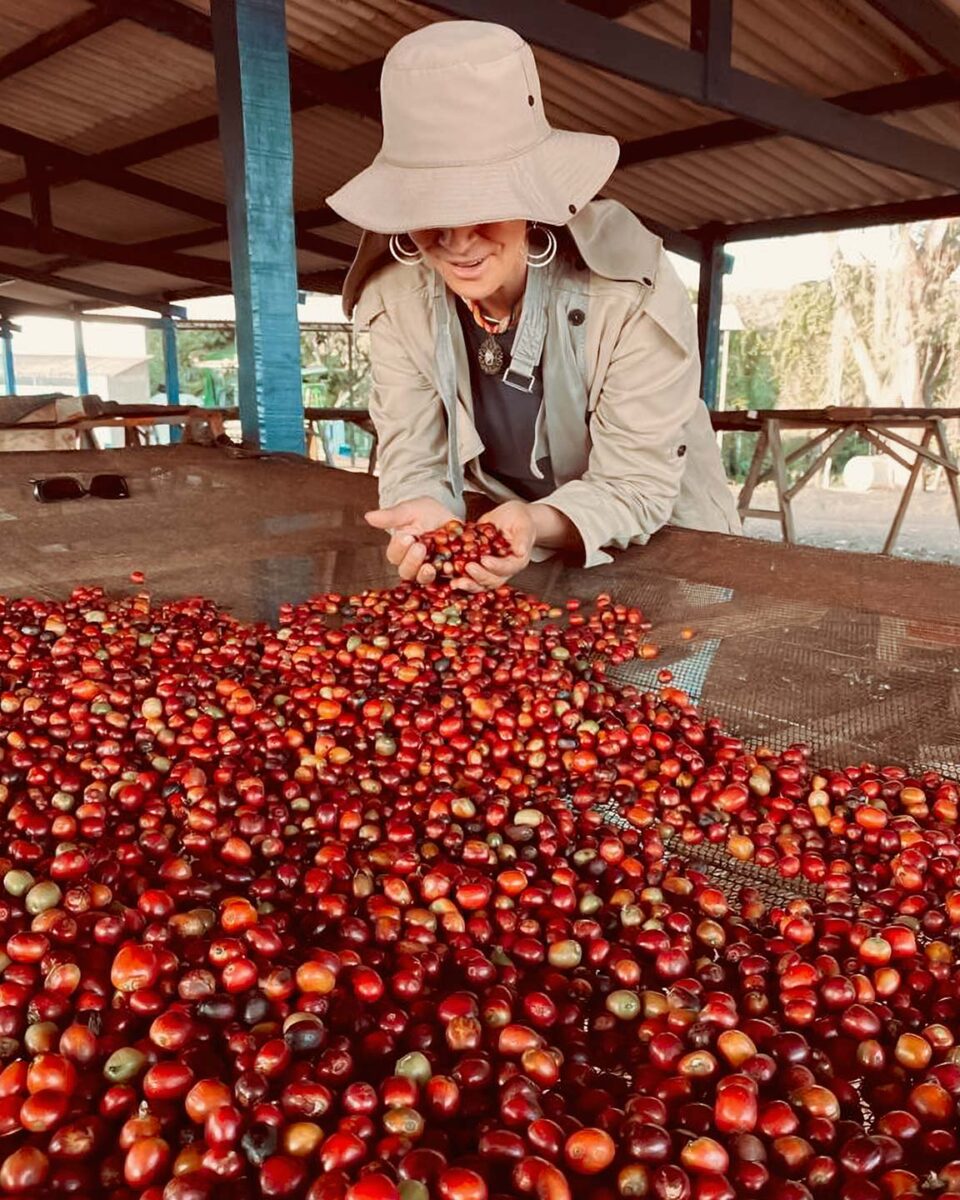
Slowly with experience under their belt and Felipe’s certification as a Q grader, they learned to fight for fair prices and to produce specialty coffee. No longer at the whims of brokers and traders, Àlvaro and Lucinea dedicate themselves full time to their new found passion and invest their money earned back into the farm.
“I am inspired by the great pleasure of growing coffee, with its well-defined production stages and the certainty of contributing to the improvement of the ecosystem with sustainable agriculture,” says Alvaro.
The pursuit of quality and further understanding of coffee, has extended to their participation in many contests in Brazil, such as the Ernesto Illy International Coffee Award, in which they were awarded best coffee in the Midwest region of Brazil in 2017. The family’s dedication to sustainability is further underscored by their Rainforest Alliance certification and membership in the Brazilian Specialty Coffee Association (BSCA).

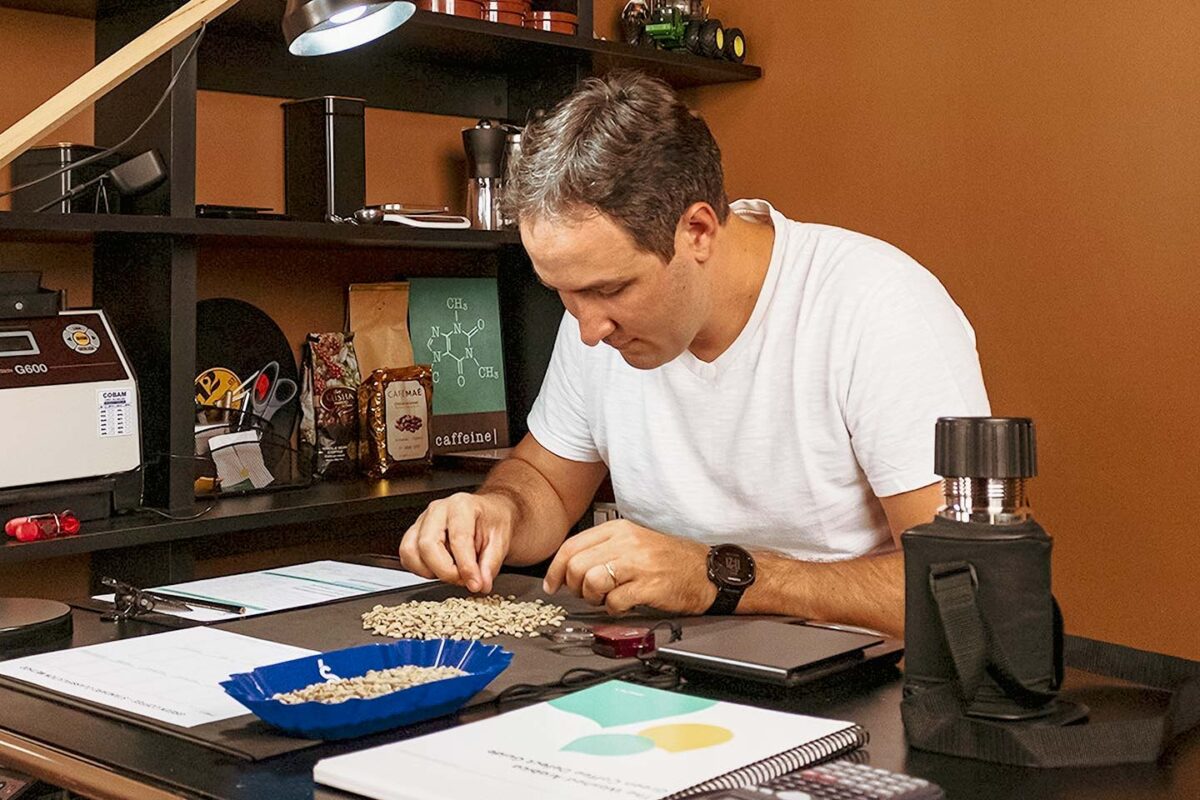
Standing out in a crowded market
In 2020, Felipe Orioli extended the family’s coffee legacy beyond the borders of Brazil by establishing Orioli Coffee in Portugal, a coffee shop which also serves as an educational hub, bridging the gap between consumers and the intricate process of coffee production.
This marked a pivotal moment, representing a shift towards direct trade. The move was not without its challenges, given the competitive coffee market in Europe. Still, Felipe’s determination to establish transparent connections and deliver high-quality coffee, as well as the desire to give his daughters a unique childhood, has been his driving force.
“From our farm I export some of our coffees and I’m trying to open markets here in Europe. It’s a challenge because there are many players, and for a small company, representing only one farm we don’t have the same resources as other large companies. But we are trying to do good work with transparency of information and delivering great quality coffee,” says Felipe.
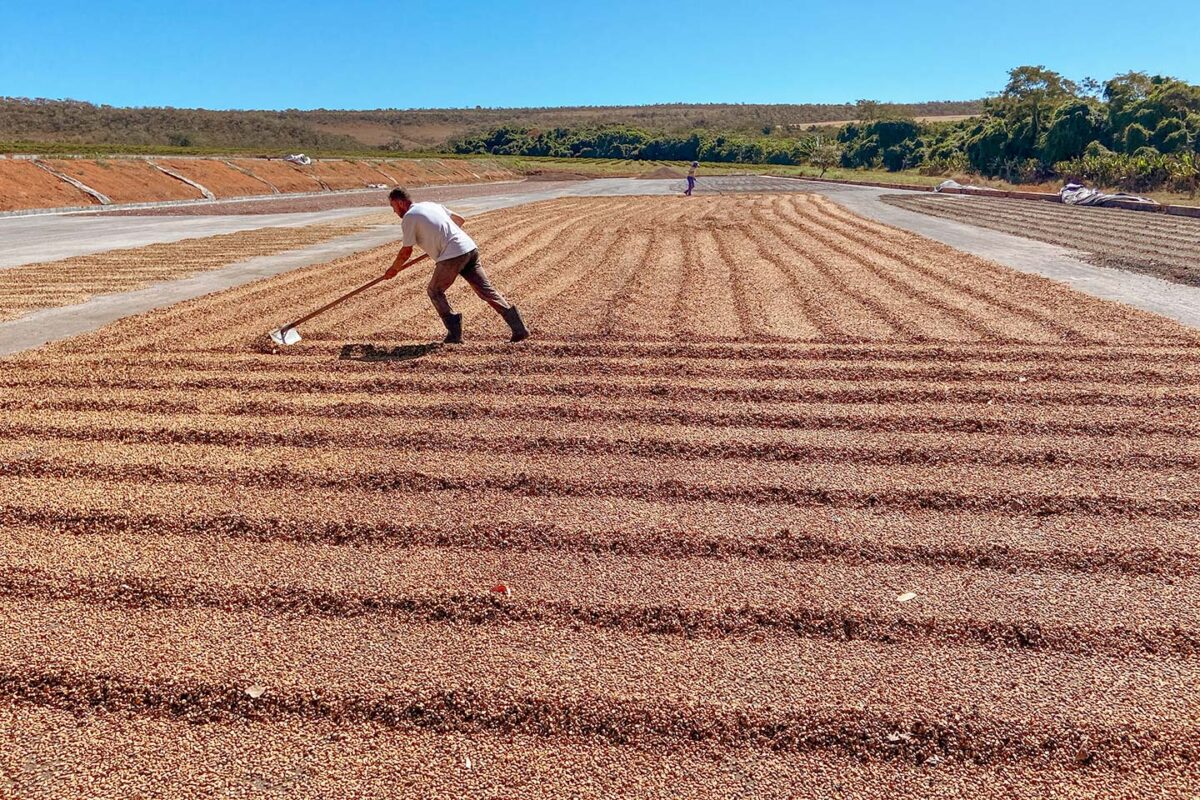
From the farm level, Lucinea explains that, Brazil being the largest producer of coffee in the world, it is sometimes a challenge to meet customer demands in price and volume, whilst maintaining a production style that does not take advantage of the environment.
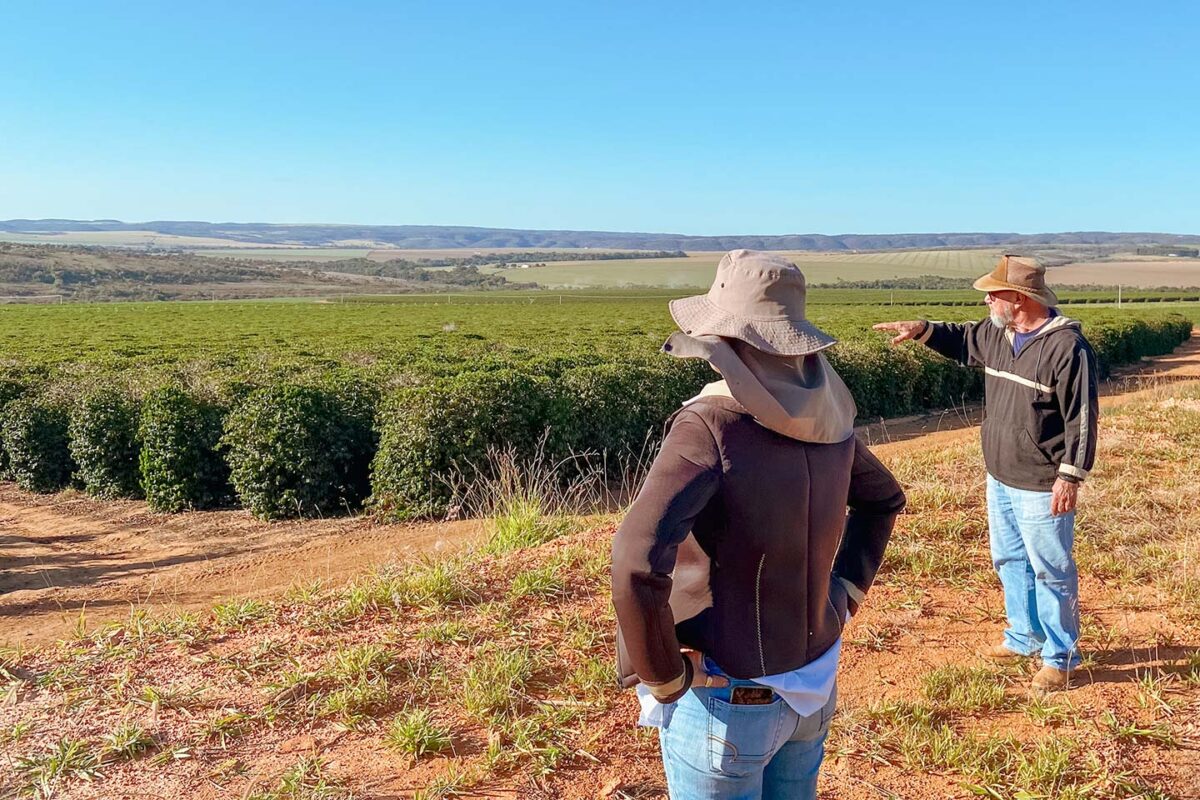
Family first
It is clear from the first conversation we had, the driving force behind this business is family. To the Oriolis family is everything and permeates all aspects of business.
For them, the greatest advantage of working as a family is the ability to share professional aspirations and achievements with the people they love most. Partnership, complicity, trust, and the ability to be together as a family towards a goal are some of the special aspects of this relationship. As Felipe explains, everything from agronomy school, to taking the Q Grader Exam, even moving across the world to Portugal, was done for his family.
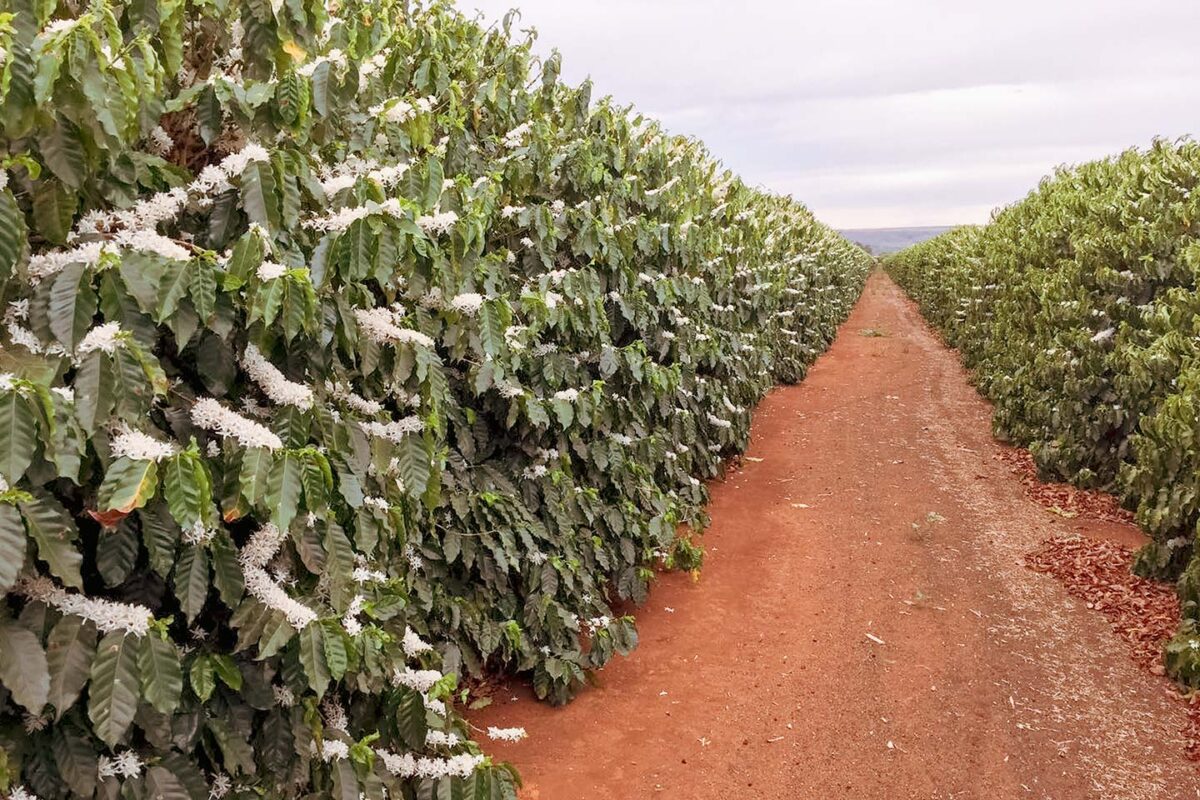
Coffee in a way, is symbolic of this family’s journey and new tradition.. Compared to the perennial coffee plant, beans are annual plants. They are sowed, harvested, ripped out and re-sowed every season, a cycle that takes from the soil without giving much back. Along with other common industries in Brazil, namely soy and cattle, beans have no story, or roots. Coffee has united them, and grounded them in their land to be able to pass on Coffee on the other hand requires great care and attention, allowing them to stand out and be rewarded for quality, to be creative and to be in touch with the natural cycles of rain, bloom, ripen, harvest. Like a plant firmly rooted in the soil, coffee has given the Orioli family a new connection to life and their land.

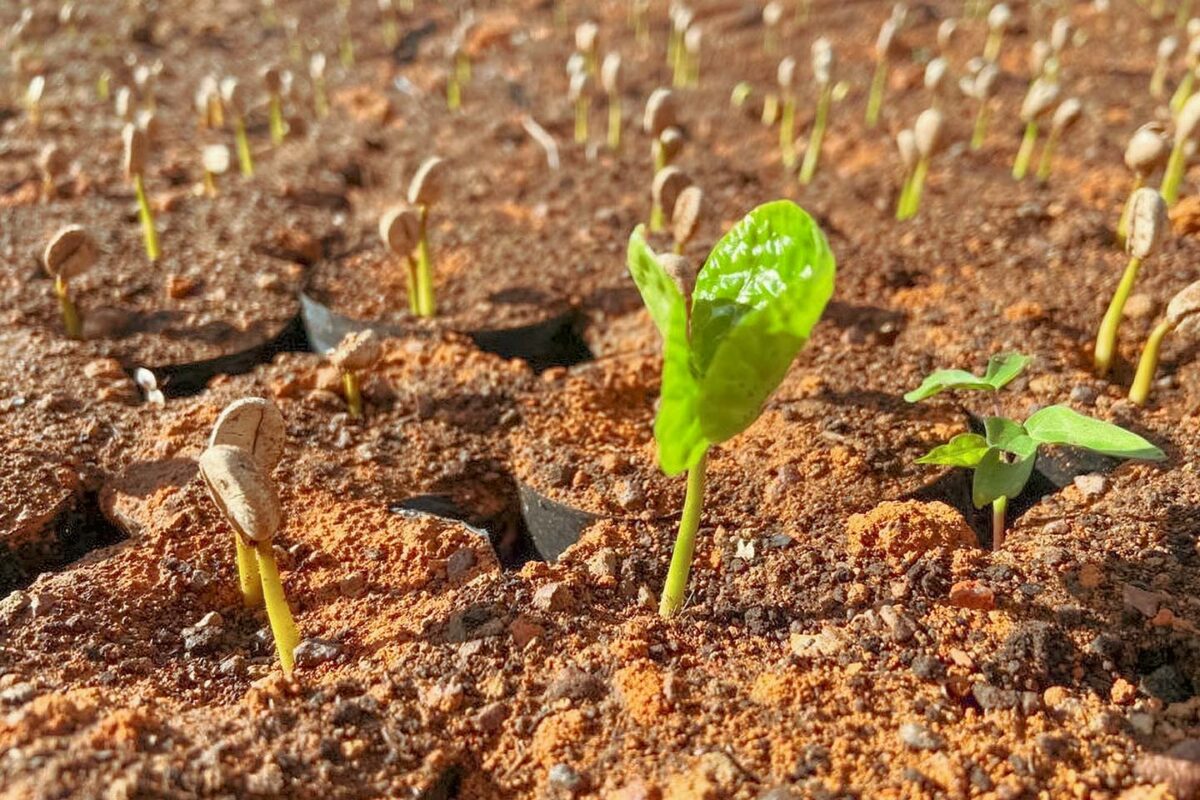
As their roots extend deeper into the soil of the Cerrado, higher the family’s business will grow. Fazenda Bagagem stands not just as a coffee producer but as a testament to the power of family, sustainability, and a relentless pursuit of excellence in the world of coffee.